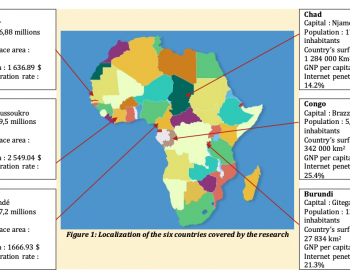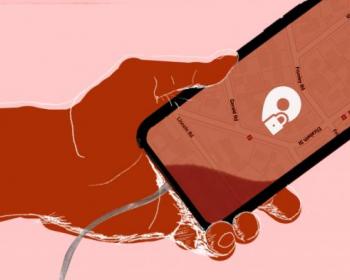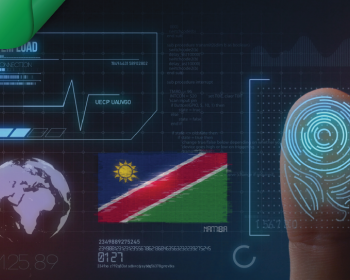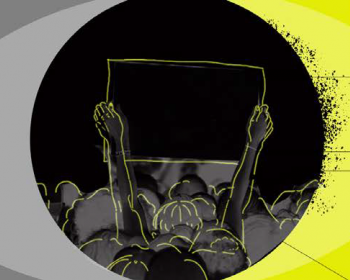african declaration on internet rights and freedoms
Organisations and independent experts from six Sub-Saharan African countries that share French as one of their national languages have developed an approach for assessing the level of respect for human rights online by their governments: the African Index of Internet Rights and Freedoms.
There are several factors, some legal, some political and some economic, that continue to impact the exercise of rights online in Zimbabwe, particularly free expression, the right to privacy and access to information.
In March 2021, shortly before the elections scheduled for August, then Zambian president Edgar Lungu quickly signed and enacted three internet-related laws, one of which has remained especially problematic into 2022: the Cyber Security and Cyber Crimes Act.
Namibia has become the latest African country to introduce mandatory SIM card registration and data retention regulations that will have a far-reaching impact on online privacy and data protection in the country.
Recent instances of the use of state surveillance apparatus for repressive purposes and prosecutions, compounded by a lack of data and online privacy protections and low internet penetration and usage, have heightened fears that the country is regressing in terms of safeguarding online rights.
The draft bill would have enabled surveillance abuse and privacy violations. The pressure that was brought to bear by various human and media rights organisations, and the international spotlight that it attracted, paid off and the bill was withdrawn and amended.
Since early 2021, the Kingdom of Eswatini has been gripped by waves of civil unrest, with reports of internet shutdowns implemented by the government in response to protests. It is in this climate of suspicion and unrest that cybercrime and data protection laws were gazetted in early 2022.
Four African digital rights-centred networks have committed to increasing collaboration for the consolidation of their work and avoidance of duplication of activities while ensuring the full attainment and protection of digital rights at national, regional and global levels.
The country reports collected here offer an in-depth rights-based analysis of the status of privacy and data protection legislation in Ethiopia, Kenya, Namibia, Nigeria, South Africa, Tanzania, Togo and Uganda.
Together with other civil society and human rights institutions, members of the African Declaration on Internet Rights and Freedoms Coalition demonstrated the gravity of online rights violations on the continent in the reports presented during the human rights situation sessions.

Association for Progressive Communications (APC) 2022
Unless otherwise stated, content on the APC website is licensed under Creative Commons Attribution 4.0 International (CC BY 4.0)












